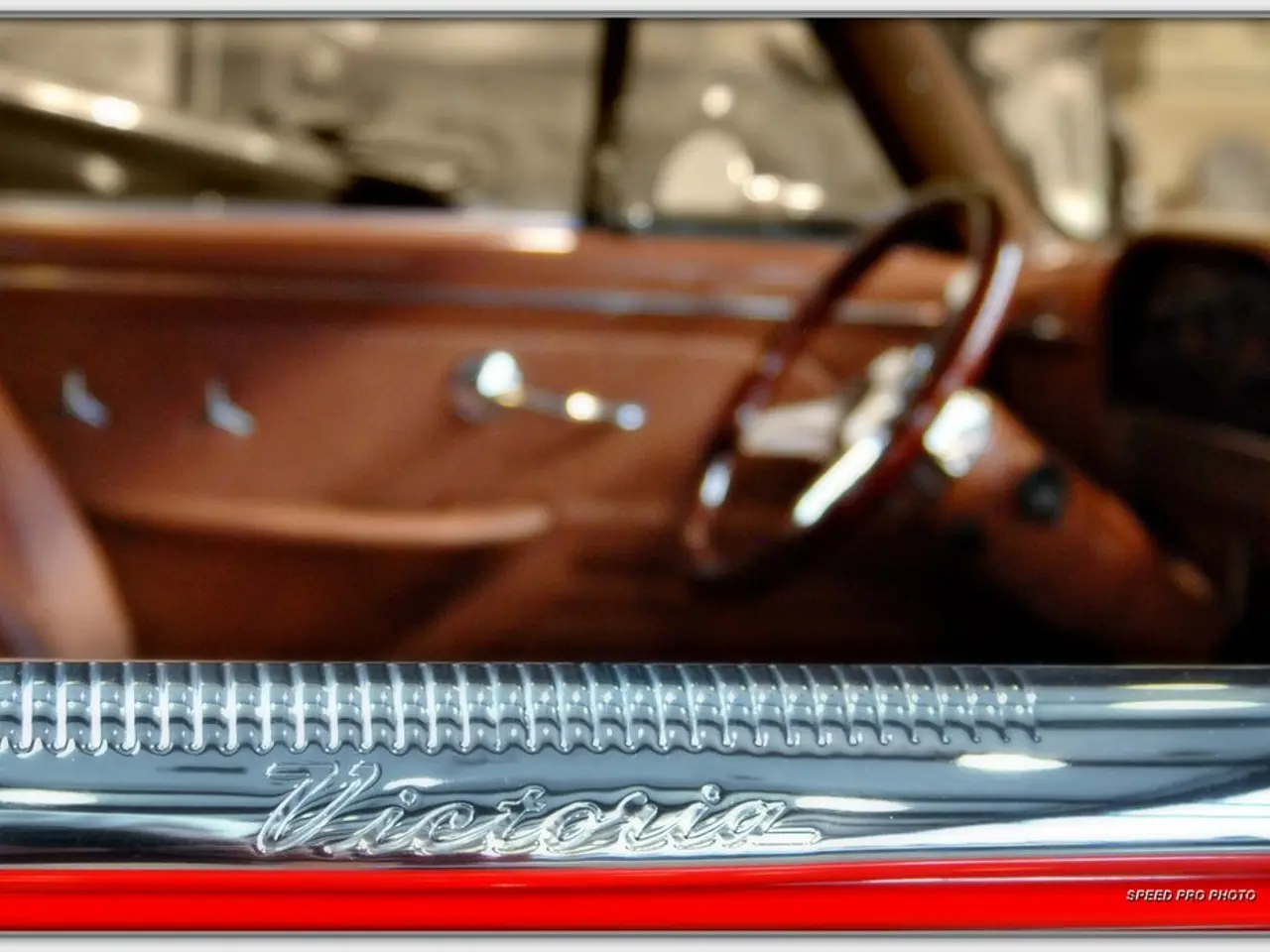News on Electric Vehicles, Batteries, and Charging: Rivian, Electrify America, Quasar, Harbinger, EV Connect, 24M, Trojan Battery, Boston, and Transtex make headlines.
The electric vehicle (EV) market is witnessing significant growth and innovation, with numerous developments in battery technology and charging infrastructure. Here are some of the latest developments that are shaping the future of EVs.
Leasing Trend and EV Adoption
According to Experian's State of the Automotive Finance Market Report: Q4 2024, over 50% of new EV purchases were leases, marking a substantial increase from just 2.11% in Q4 2020. The cost-effectiveness of leasing, which offers lower monthly payments and eliminates concerns about resale value, is a key driver of this trend. Moreover, EVs accounted for nearly 20% of all new vehicle leases during the quarter.
Battery Innovations
Trojan Lithium OnePackTM Extended Range (XR)
Trojan Battery Company has introduced the Trojan Lithium OnePackTM Extended Range (XR), a lithium-ion battery pack designed for low-speed recreational vehicles. Offering up to 75 miles per charge, the XR promises improved range and performance for these vehicles.
DClimate Lithium ProTM
The DClimate Lithium ProTM, unveiled by TRANSTEX, is a lithium-ion powered electric Auxiliary Power Unit (eAPU) designed to enhance reliability, reduce emissions, and lower operating costs for trucking fleets. Key features of the DClimate Lithium ProTM include lower total cost of ownership, extended runtime, bidirectional charging, and lighter weight for improved fuel efficiency and payload.
Li-S Battery Advancements
Lithium-sulfur (Li-S) batteries are emerging as a promising alternative to conventional lithium-ion batteries for EVs. Recent research has targeted technical challenges such as the polysulfide shuttle effect, dendrite growth on the lithium anode, and poor cycle life through advanced materials and novel engineering approaches.
Cathode Design and Sulfur Host Materials
Recent progress has focused on developing functional sulfur host materials that not only accommodate high sulfur loadings but also actively participate in electrochemical reactions. Self-supporting nanoporous carbon films decorated with single-atom Co–N–C catalytic sites have been designed as additive- and binder-free sulfur cathodes.
Solid-State and Additive Manufacturing
The shift toward solid-state electrolytes is gaining momentum, as they offer better thermal and mechanical stability, longer cycle life, and improved safety compared to liquid electrolytes. Additive manufacturing techniques are being used to produce porous, multifunctional separators with uniform distributions of lithium salts, enabling enhanced ionic conductivity and robust electrochemical performance.
Anode Protection and Dendrite Mitigation
Stabilizing the lithium metal anode is critical for prolonging battery lifespan. Researchers are exploring protective surface coatings and engineered 3D lithium structures to prevent dendrite formation, which can cause internal short circuits and safety hazards.
Catalytic Additives
Metal oxides and single-atom sites (potential for Pt nanoparticles) are being actively investigated as catalytic additives within the cathode host material to expedite sulfur conversion and improve polysulfide confinement.
Other Developments
- Yamaha Motor Co., Ltd. has announced the launch of its new five-seater electric golf carts, the G30Es and G31EPs, in Japan by June 2025, with plans for a later introduction in Taiwan. Both models come equipped with a newly developed in-house lithium-ion battery using lithium iron phosphate (LFP) for enhanced reliability and longevity.
- Electrify America expanded its public charging network to over 4,800 chargers across North America, leading to a 50% increase in customer charging sessions.
- Boston has partnered with Brooklyn-based itselectric to unveil the nation's first behind-the-meter public curbside electric vehicle (EV) charger in Roslindale. With installations taking as little as two days, Boston plans to deploy hundreds more chargers across the city in the coming year, accelerating its transition to sustainable transportation.
- 24M Technologies has expanded its EternalyteTM electrolyte lineup to improve charge rate and cold temperature performance for silicon and graphite-based batteries.
- Wallbox has announced the pre-order availability of the Quasar 2 bi-directional charger, compatible with the Kia EV9, offering Vehicle-to-Home (V2H) functionality.
- Ben & Jerry's and Rivian have partnered to launch all-electric ice cream trucks based on the Rivian Commercial Van, offering a modernized experience with outstanding reliability and reduced environmental footprint.
These advancements in battery technology, charging infrastructure, and EV adoption are paving the way for a more sustainable and efficient future in transportation.
- The significant growth in the electric vehicle market is being driven, in part, by the trend toward leasing, with over 50% of new EV purchases being leases in Q4 2024, compared to just 2.11% in Q4 2020.
- In addition to leasing, innovations in battery technology, such as the Trojan Lithium OnePack XR, DClimate Lithium Pro, and Li-S batteries, are transforming the EV landscape. For instance, the Trojan Lithium OnePack XR offers improved range and performance for low-speed recreational vehicles, and Li-S batteries promise to be a promising alternative to conventional lithium-ion batteries for EVs.
- Technology advancements extend beyond batteries. For example, 24M Technologies has expanded its Eternalyte electrolyte lineup to improve charge rate and cold temperature performance for silicon and graphite-based batteries, while Wallbox has announced the pre-order availability of the Quasar 2 bi-directional charger, offering Vehicle-to-Home (V2H) functionality. These advancements, along with improvements in charging infrastructure and EV adoption, are paving the way for a more sustainable and efficient future in transportation.




